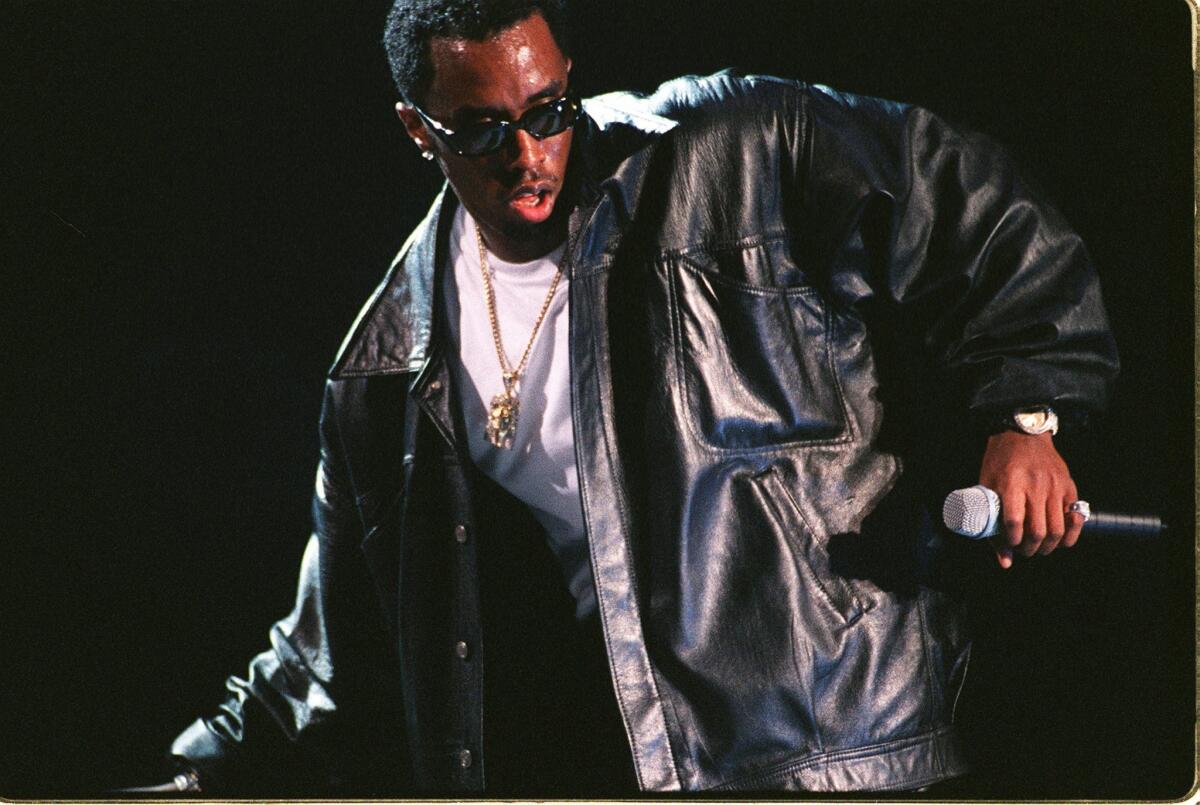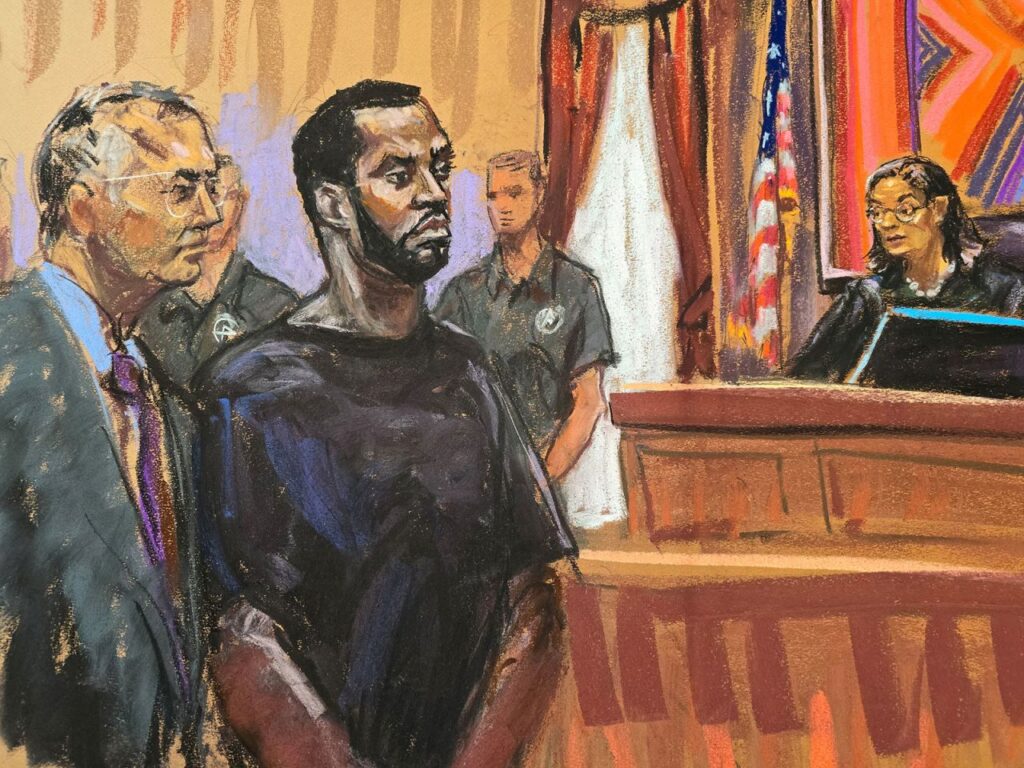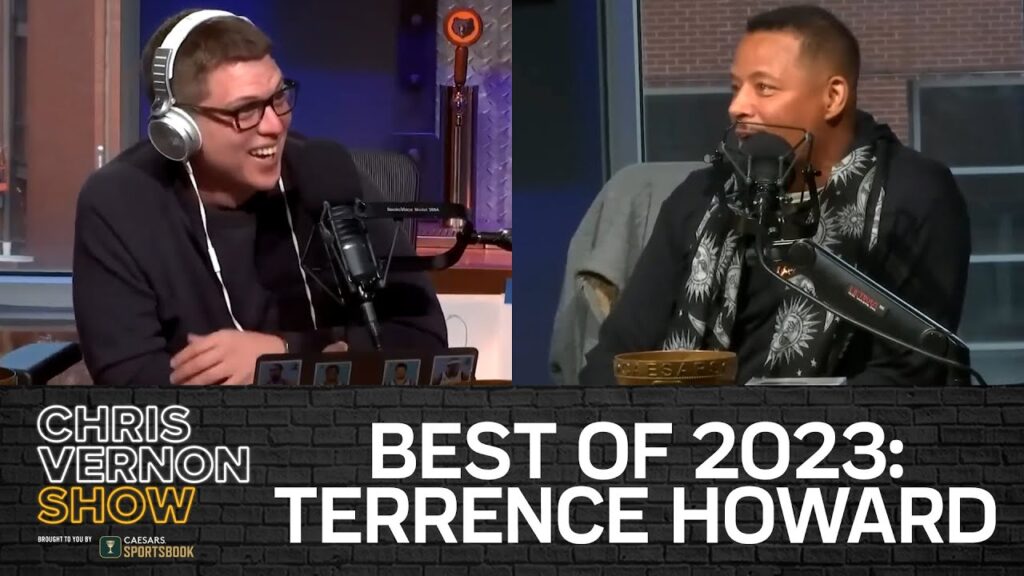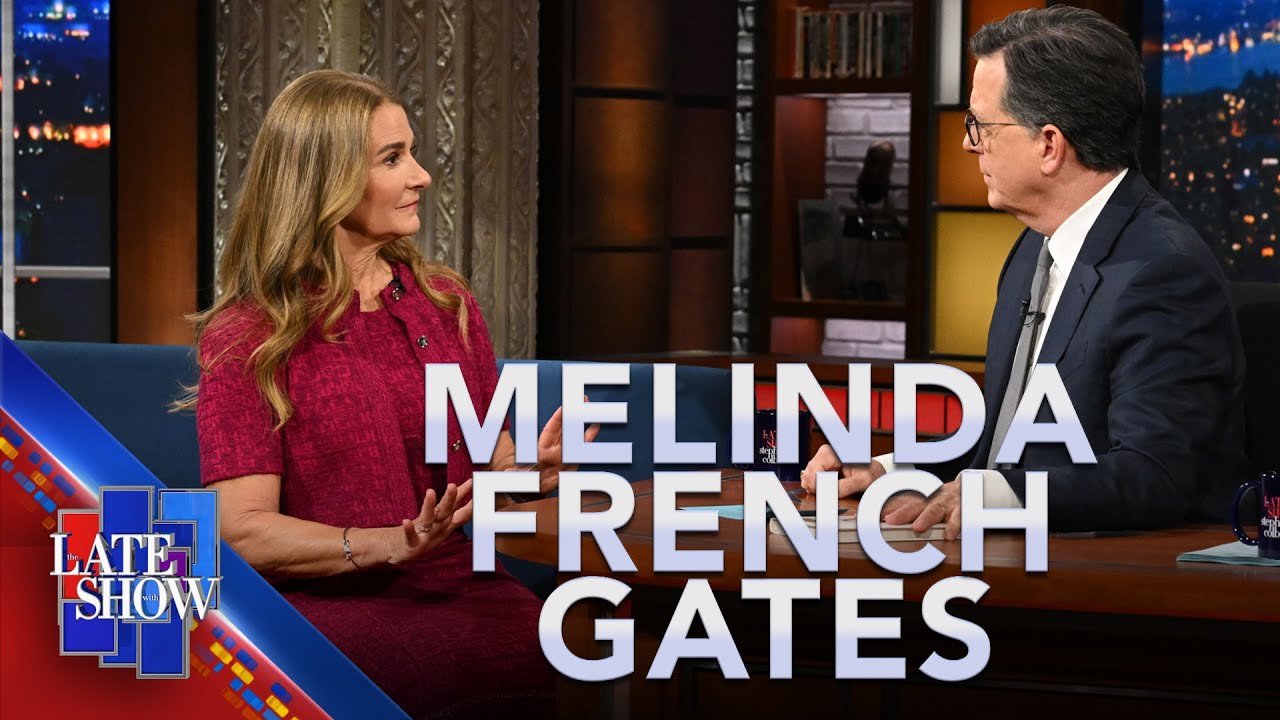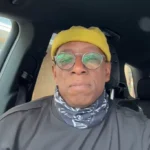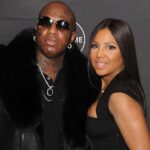Now Reading: Diddy’s Empire Crumbles: Music Mogul Pleads Not Guilty to Shocking New Charges
-
01
Diddy’s Empire Crumbles: Music Mogul Pleads Not Guilty to Shocking New Charges
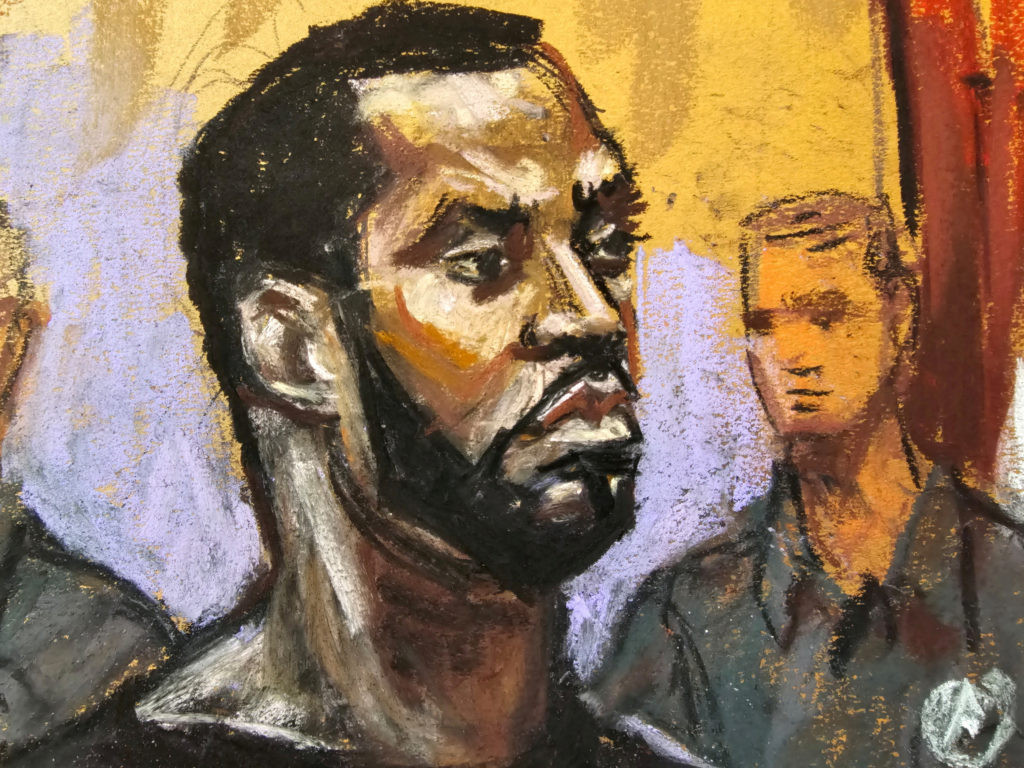
Diddy’s Empire Crumbles: Music Mogul Pleads Not Guilty to Shocking New Charges
Hip-hop mogul Sean “Diddy” Combs has firmly denied the latest round of serious federal accusations against him, entering a not guilty plea to an expanded indictment that paints a disturbing picture of the music industry titan’s alleged private life.
The 55-year-old Bad Boy Records founder appeared before U.S. District Judge Arun Subramanian in Manhattan, where he faced an expanded five-count indictment including charges of racketeering and sex trafficking. This marks his second not guilty plea in the case, following an earlier three-count indictment.

Behind the Federal Case Against a Music Industry Icon
Federal prosecutors have constructed a case alleging that Combs used his music empire as a vehicle for a much darker enterprise. They claim the mogul systematically exploited women over a twenty-year period from 2004 to 2024, orchestrating and recording sexual encounters—which prosecutors refer to as “freak offs”—with women and male sex workers.
Perhaps most seriously, authorities allege Combs transported individuals across state lines for these encounters, a key element in federal trafficking charges. These accusations stand in stark contrast to the public image Diddy cultivated as a music industry visionary and entrepreneur.
The Defense: Relationships Were Consensual
Combs’ legal team has mounted a vigorous defense, insisting the allegations stem from consensual adult relationships, not criminal conduct. “These are not new allegations or new accusers,” his lawyers stated earlier this month. “These are the same individuals, former long-term girlfriends, who were involved in consensual relationships.”
Defense attorney Marc Agnifilo has been particularly outspoken, stressing that Combs never forced anyone into sexual acts. He characterized the “freak offs” as consensual activities between adults and dismissed the notion that they constituted criminal behavior.

From Bad Boy Records to Brooklyn Detention
The contrast between Combs’ current circumstances and his decades-long reign as a music industry powerhouse couldn’t be more striking. Since September, the man who launched the careers of superstars like Mary J. Blige, Faith Evans, the Notorious B.I.G., and Usher has been held in a Brooklyn detention facility, awaiting trial.
Known variously as Puff Daddy and P. Diddy throughout his pioneering career, Combs built Bad Boy Records into a cultural force that shaped hip-hop and R&B for generations. Now, prosecutors allege this success story masked a troubling private reality of exploitation and abuse.
Video Evidence and Public Scrutiny
Particularly damaging to Combs’ case is surveillance footage that has emerged over the past year. Prosecutors cited a 2016 incident where video allegedly shows him kicking, dragging, and throwing a vase at a woman attempting to leave a Los Angeles hotel.
Perhaps even more devastating was CNN’s broadcast of surveillance footage showing Combs striking and dragging his former girlfriend, singer Casandra “Cassie” Ventura. Following the video’s release, Combs publicly apologized for his behavior, but the damage to his reputation was immediate.

Agnifilo has attempted to separate these incidents from the trafficking charges, describing the relationship between Combs and Ventura as “toxic, but loving” and noting it lasted 11 years. However, the visual evidence has proven difficult to overcome in the court of public opinion.
What’s Next for the Hip-Hop Mogul?
The legal process continues to unfold, with jury selection scheduled for May 5 and opening statements expected one week later on May 12. However, there may be delays on the horizon. Combs’ defense team has indicated they may seek a two-week postponement to review emails requested from one of the alleged victims.
Judge Subramanian has set clear boundaries, stating any delay request must be formally submitted within two days. Meanwhile, beyond the federal case, Combs faces multiple civil lawsuits from both women and men accusing him of sexual abuse.
For now, the man who once defined hip-hop entrepreneurship remains behind bars, his empire in jeopardy as he faces charges that could permanently alter his legacy. The outcome of this high-profile case could reverberate throughout the entertainment industry for years to come.
As this legal saga unfolds, the music world watches closely, with many wondering how the allegations against one of hip-hop’s most influential figures will ultimately reshape perceptions of his contributions to the culture he helped define.

